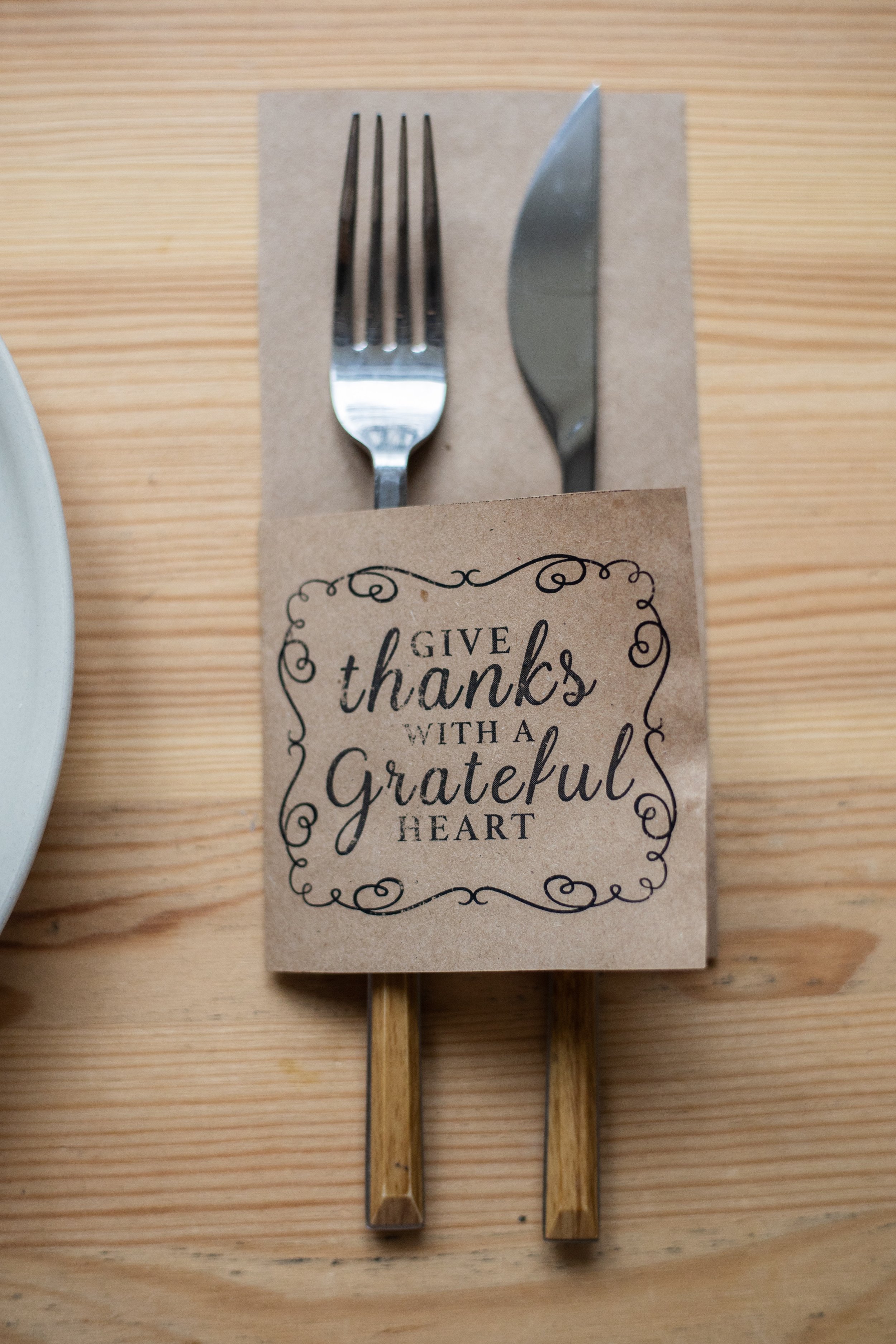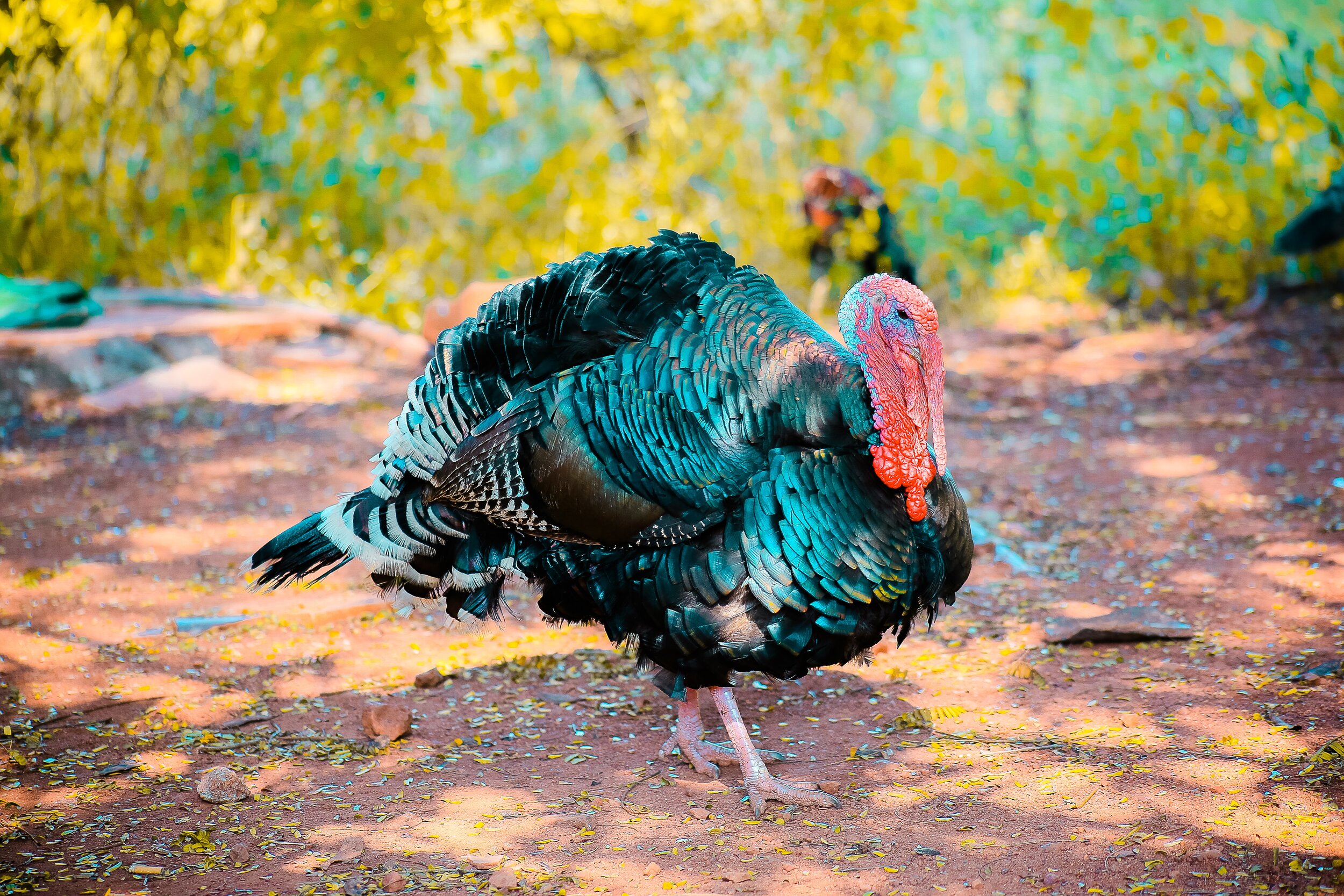Letters of Appreciation
There is something about our human condition that we like to have remembrances and special days. In ancient times, special days were connected to corporate religious events. Although in ancient Egypt and Greece, there is record of celebrating individual birthdays.
In modern times, we have taken the special days to new levels. Every day, every week and every month has some sort of intentional recognition. For instance, February is Black History Month, March is Women’s History Month, April 22nd is Earth Day, etc. Some days are necessary and interesting- highlighting areas of life that need to be recognized. Some days are silly and fun. (National Welsh Corgi Day- March 1st). Special days are part of business practices- think Google’s daily doodles honor people and events or holiday sales and specials.
There is World Book Day coming up in April. Although in the UK, today, March 7th is World Book day, highlighting books for children and young people. (https://www.worldbookday.com/celebrate-world-book-day/).
On a website dedicated to keeping track of all the special days of the year (https://www.daysoftheyear.com), this week has been slated “write a letter of appreciation” week. The point is to reach out to someone you know and write- physically, with pen and paper, in (if you have can) nice handwriting- a letter to someone who means something to you- whether they have inspired you, for whom you are grateful, or just want to say thank you.
From the website:
History of Write a Letter Appreciation Week
Since 2011, Write a Letter of Appreciation Week has been a holiday that encourages people to write letters instead of texts and emails, saying thank you and whatever emotional sentiment comes to mind. Writing letters makes the writer more considerate of the words chosen, helps the writer pay attention to their grammar, and even encourages better hand-writing.
While cursive writing is still taught in schools, many forget about cursive due to today’s technology, and the goal of this holiday is to give people a better option to write personal letters that show appreciation for the ones you love.
Write a Letter Appreciation Week gives people the time to write a letter to anyone, whether it be for parents, relatives, teachers, coworkers, or anyone who has inspired greatness in others.
The holiday is about giving to others the words that cannot be communicated through speech or bought gifts. It’s about giving from the heart – a letter meant to pour all words of appreciation onto a piece of paper.
Ever since our boys left home and went to college, their father has sent them handwritten letters. John alternates a letter to each boy every week to ten days. While there is nothing profoundly written, the letters do contain a history of what has happened in our family. Many letters, John is encouraging them in one way or another. Sometimes John receives a letter in return, sometimes it seems as if the notes have gone into the ether. Whether or not the guys appreciate the notes (I suspect they do), we don’t know, although they have kept the notes. Some of their response letters to John to have contained words of appreciation for us and our parenting (which is always a pleasant surprise to receive).
I think it is important in this day and age of online vitriol content, that we take time to think of those people who have made a difference in our lives- whether large or small. When we start appreciating the people around us, we start noticing other areas of good work- small kindnesses of strangers. When we are humble and thankful of the good gifts that we have, we begin to grow a mindset of gratitude.
There are many stories in the Bible of Jesus healing. Once, when Jesus was traveling between Samaria and Galilee, ten lepers see Him and call, “Jesus! Master! Have pity on us.” Jesus tells them to go and show themselves to a priest. (A priest was the one who would approve if a leper’s skin had improved and thus be able to join the community). Immediately the lepers are healed, yet only one returns back to Jesus to thank Him. (Luke 17: 11-19)
I was always struck by that story as a child. I guess because my mother instilled the value of thanking others- whether that was verbally or in the form of a note- and to appreciate what others may have done for me or my loved ones.
What about you? Have you ever written a note of appreciation to someone? How was it received? Have you ever received a note of appreciation? How did that make you feel?
So this week- why not dust of your old writing implement and find a piece of paper. Write a note of appreciation to someone you know. Maybe even write a note of appreciation to someone you don’t know. (I am thinking of your letter carrier, grocery store clerk, school bus driver?)
Wouldn’t it be cool to start an appreciation campaign in your neighborhood? That one word of kindness could turn into another, and so on and so on…?













